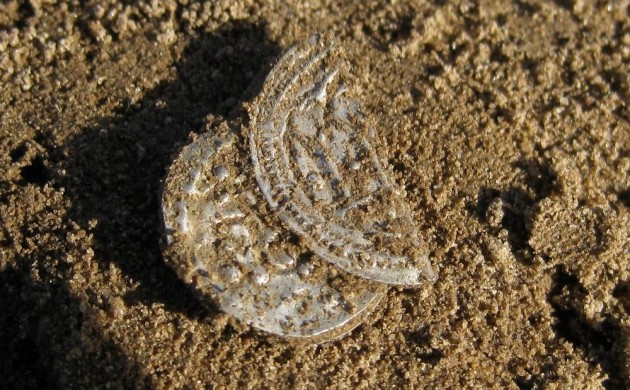Today’s Gospel is an apt conclusion to the Christmas Season, since it’s always the last Gospel before Ordinary Time resumes with the Baptism of the Lord. John’s disciples are concerned that Jesus’ ministry is gaining more traction than his, and John reminds them that he was always called to pave the way for the Christ, not to be his competition. John is happy to “decrease,” even to martyrdom, so that Our Lord may increase. During Advent the readings focused many times on John the Baptist; with the Baptism of the Lord tomorrow we see John’s work concluding and him “passing the baton” to Our Lord.
As believers we are all called to pave the way for Our Lord to come into the lives of others. As the First Reading reminds us today, we have a spiritual responsibility to them, to pray for them to receive the gift of conversion and turn away from sin to embrace Our Lord. Even today, as John warned in today’s First Reading, there are idols that try to take the place of Our Lord, and the Evil One is happy to let us stumble into idolatry out of ignorance, putting money, power, or pleasure in first place. Our Lord has come into the world to show us who we should truly follow: him. John knew, and we know too.
Let”s examine ourselves on this last day of the Christmas season and see whether we’re putting anything before Our Lord. If we put him first, others will see the importance of putting him first too.
Readings: 1 John 5:14–21; Psalm 149:1–5, 6a, 9b; John 3:22–30.


